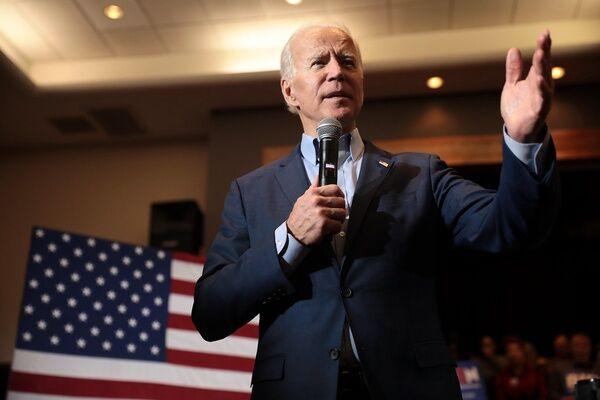In the next few days, President Joe Biden’s economic aid package will be sent to Congress, where they will decide whether American citizens and businesses will receive additional checks and unemployment aid.
The $1.9 trillion partisan bill allocates money to various establishments and individuals that have been affected most by the COVID-19 pandemic. If the bill is passed, Americans are expected to receive $1,400, adding on to the $600 from former President Donald Trump’s stimulus package last month.
This bill has stirred lots of controversy because of its high price tag, with both sides going back and forth about whether almost two trillion dollars is necessary for economic relief. Political science professor William Clark, Ph.D., said he believes the package is reasonable at this time.
“In the current economic environment, the U.S. government is able to borrow at very low interest rates,” Clark said. “As long as interest rates remain at their low rate and given the economic displacement that the pandemic has caused, it isn’t an inappropriately large amount.”
According to New York Times columnist Paul Krugman, “The main purpose of the proposed plan isn’t stimulus, it’s disaster relief.”
Clark said he agrees with Krugman’s statement, adding that the large price tag of the package is primarily for recovery purposes for those who were hit hardest by the pandemic, not necessarily just for economic stimulus.
“[The stimulus plan] should be focused on the people who are displaced most by the pandemic,” Clark said.
One controversial part of this bill is the proposition to raise the national minimum wage to $15 an hour — a long-debated topic among economists and politicians. Communication professor Kirby Goidel, Ph.D., said while a $15 minimum wage is beneficial, it is not the ultimate solution to the economic problems the United States is currently facing.
“In terms of studies, neither the fears nor the hopes of the proponents of minimum wage are realized,” Goidel said. “Companies don’t fire a bunch of people because the minimum wage is increased; alternatively, it doesn’t deal with all the economic problems that the working poor have to deal with.”
Trump’s former economic adviser Kevin Hassett backed Biden’s $1.9 trillion stimulus plan in an interview with CNN.
“We made it through last year without a total, utter collapse of the GDP because of extremely aggressive stimulus,” Hassett told CNN.
Economics professor Sarah Zubairy, Ph.D., said she agrees with Hassett, specifically backing the idea of needing a big relief package to offset the effects of COVID-19.
“That was one of the most impressive aspects of last year, how fast they passed the CARES Act,” Zubairy said. “At that point in time, it was focused more on the economic shortfall rather than containing the disease aspect. Now we see that until we really deal with this as a public health problem, we can’t solve the economic problem.”
Aggressive stimulus packages have been increasingly backed by economists since the last large economic downturn in 2008. Now, the government is trying to offset the economic implications using a different strategy than lawmakers in 2008.
“There is some feeling between economists that [the 2008 stimulus] wasn’t big enough and we had a very slow and protracted recovery from the recession,” Zubairy said. “This time, we are trying to learn from our mistakes. We need to go big and do whatever it takes to help the economy recover.”
A&M experts weigh in on Biden’s trillion-dollar economic package
February 1, 2021

Photo by Creative Commons
Texas A&M professors weigh in on the potential outcomes of President Joe Biden’s economic aid package.
0
Donate to The Battalion
Your donation will support the student journalists of Texas A&M University - College Station. Your contribution will allow us to purchase equipment and cover our annual website hosting costs.
More to Discover








